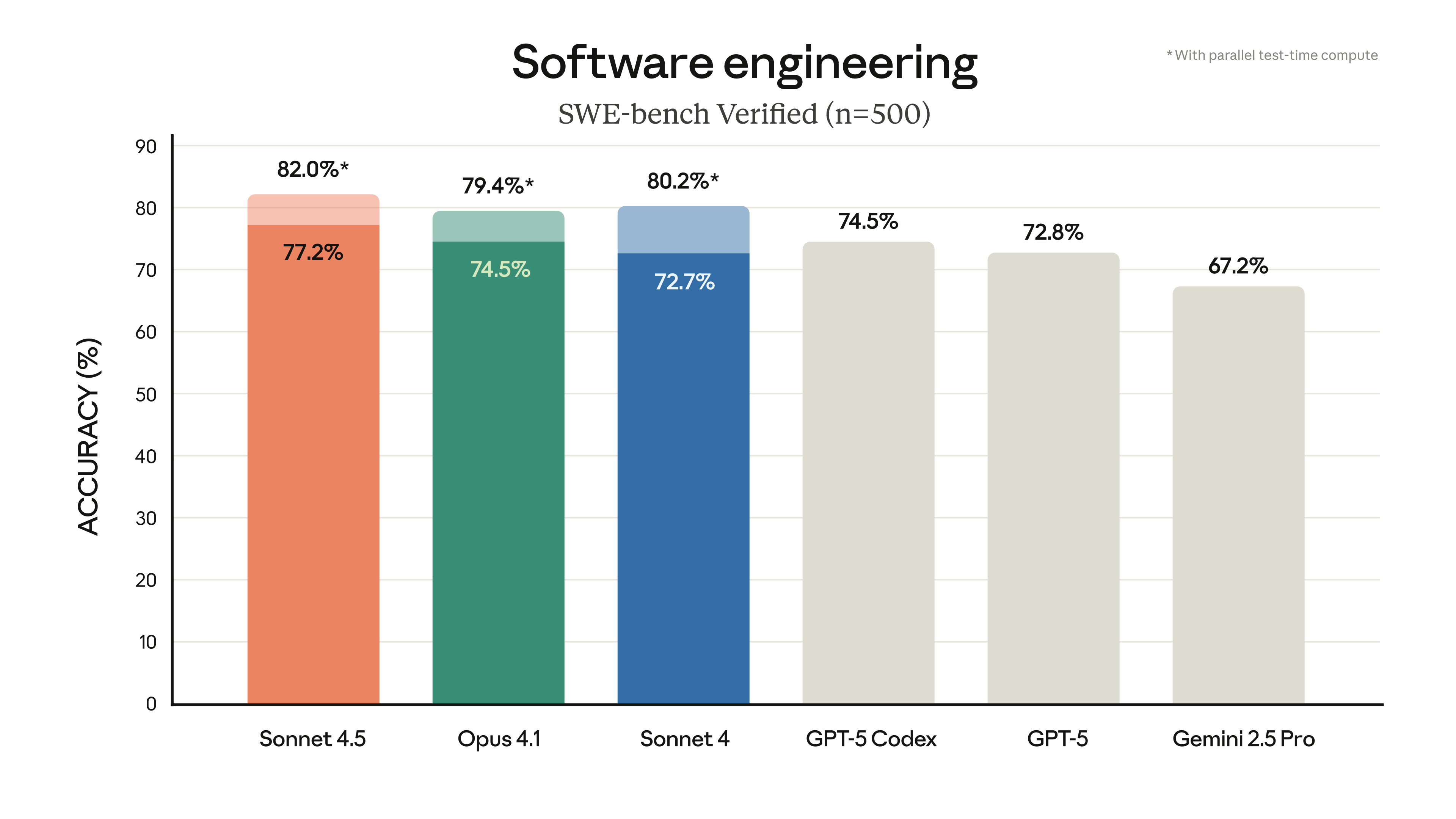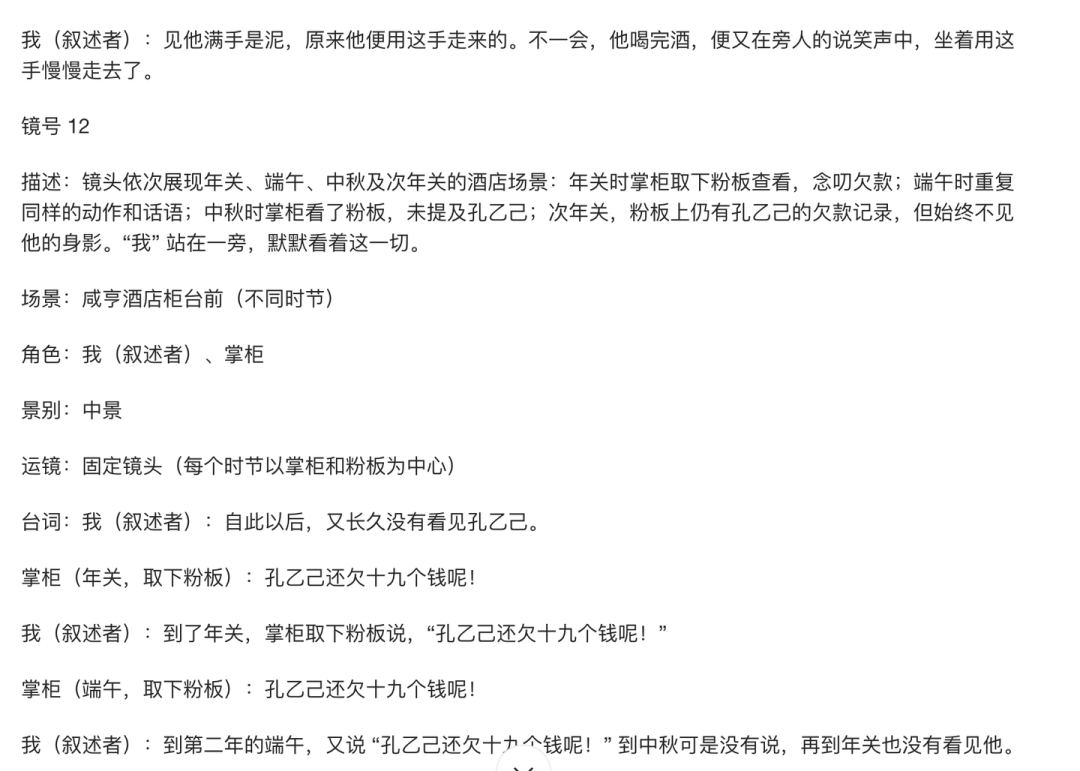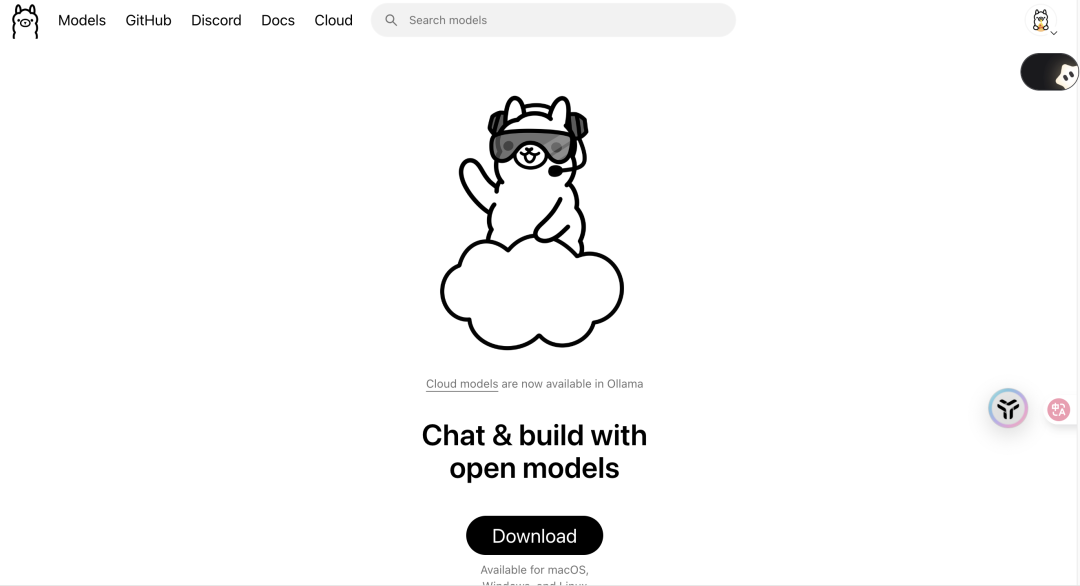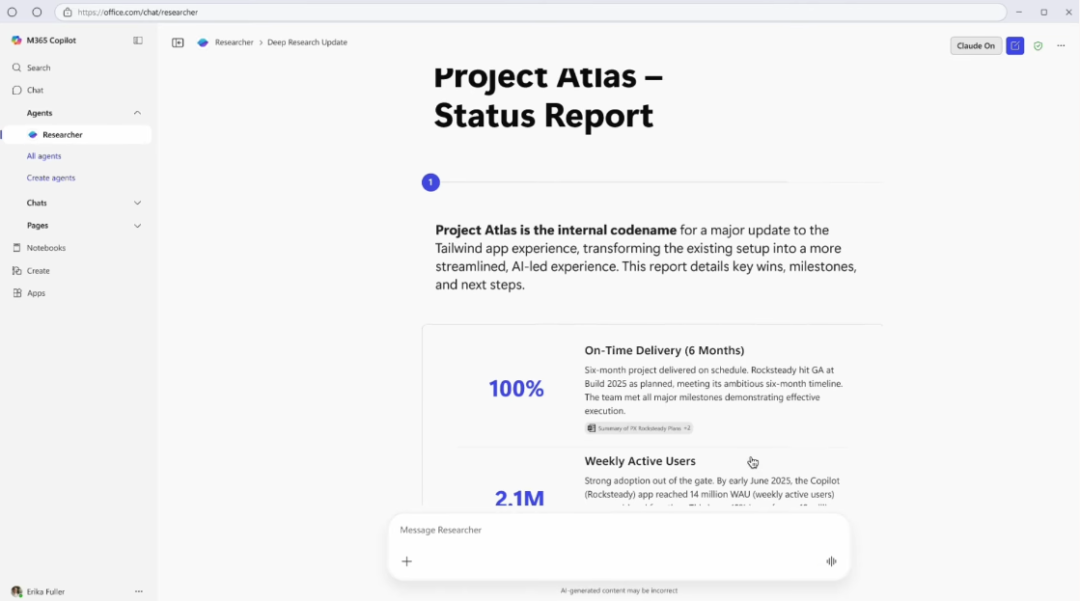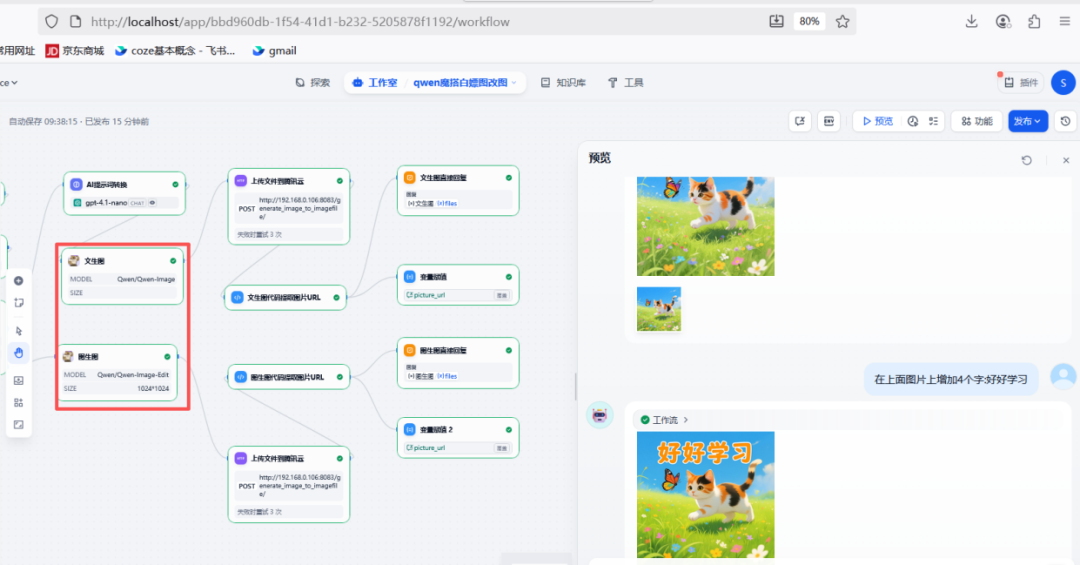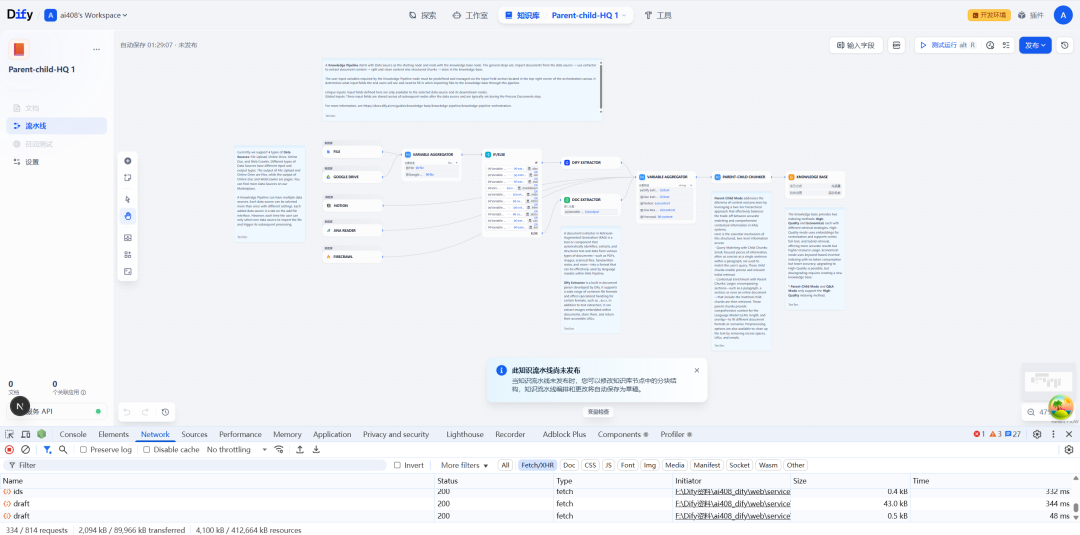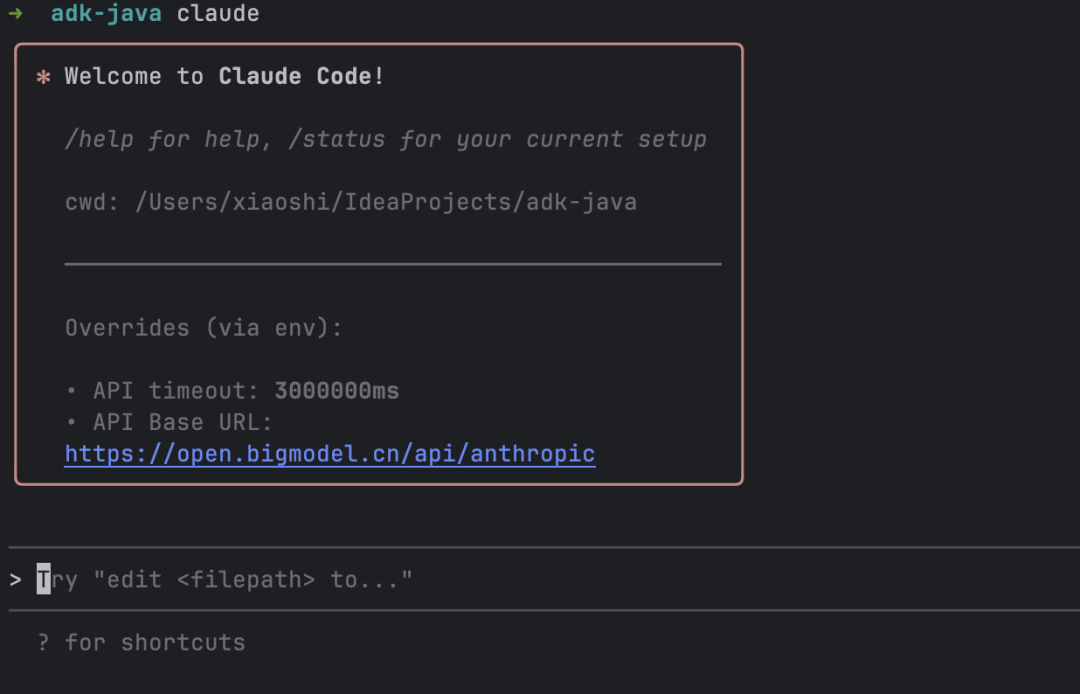A solution to optimize the consistency of speech recognition across multiple platforms
To solve the problem of cross-platform speech recognition performance differences, you need to start from three aspects: environment adaptation, parameter tuning and hardware synergy. The following are the specific operation steps:
- Base environment configuration:First make sure that all platforms are using the same version of the speech recognition engine and turn on echo cancellation in the settings (path: Settings > Speech Recognition > Advanced Options). For Android/iOS mobile, it is recommended to turn off power saving mode to avoid microphone degradation.
- Sampling rate standardization:Unify the audio sampling rate to 16kHz (the industry standard) in the project's flutter configuration, modify the lib/main.dart in the
AudioRecorderInitialization parameters. web side requires additional checking of browser WebAudio API support. - Platform-specific optimization:Windows/macOS needs to be in the
pubspec.yamlAdd platform-specific sound processing libraries (e.g. sound_card for Windows); Linux environments are recommended to install PulseAudio and set up the~/.asoundrcConfiguration file.
When the implementation effect is verified, it is recommended to use standard test phrases (e.g., sentences for the Chinese Mandarin proficiency test) for cross-platform comparisons by analyzing the recognition accuracy logs (stored in the/logs/voice_recognition) Targeted tuning of parameters. Platform-specific issues can be submitted in a GitHub issue with theflutter doctor -vOutput.
This answer comes from the articleXiaozhi MCP Client: a cross-platform AI assistant supporting voice and text interactionThe












